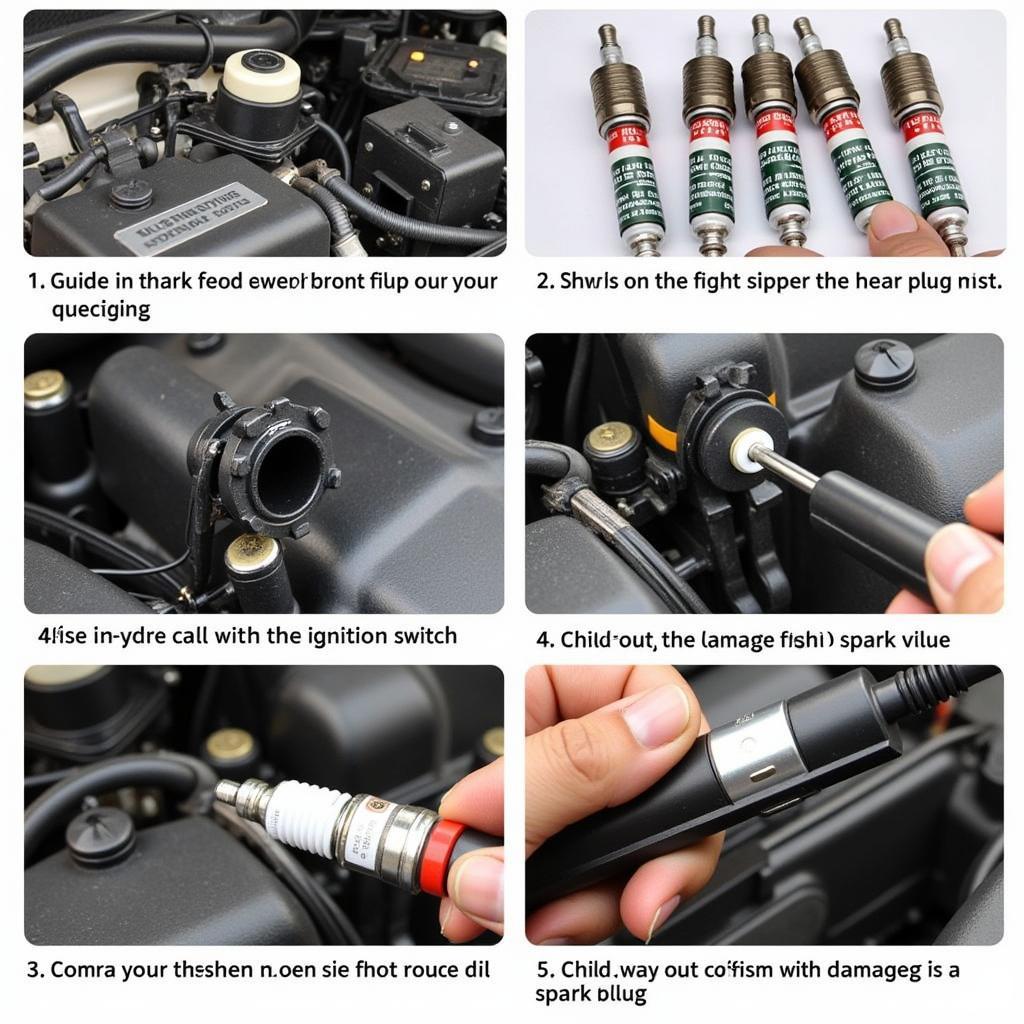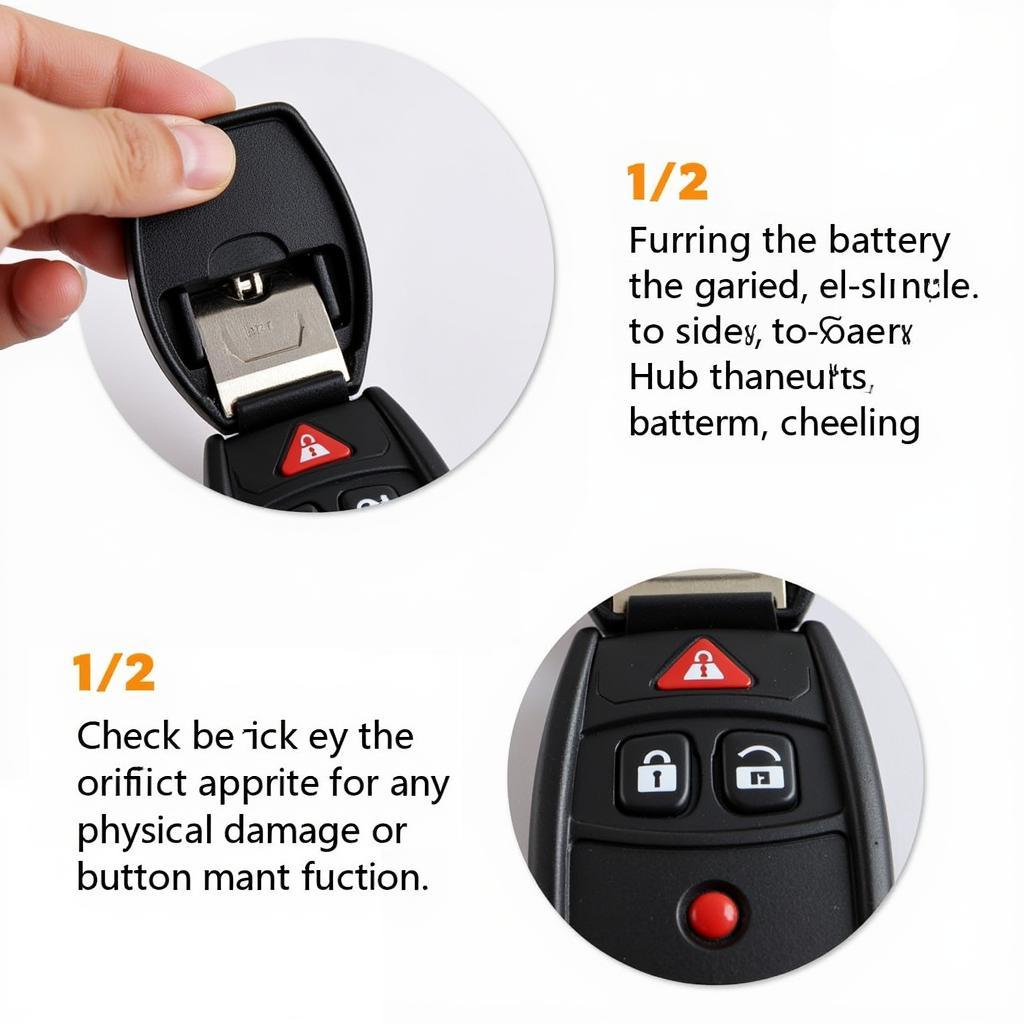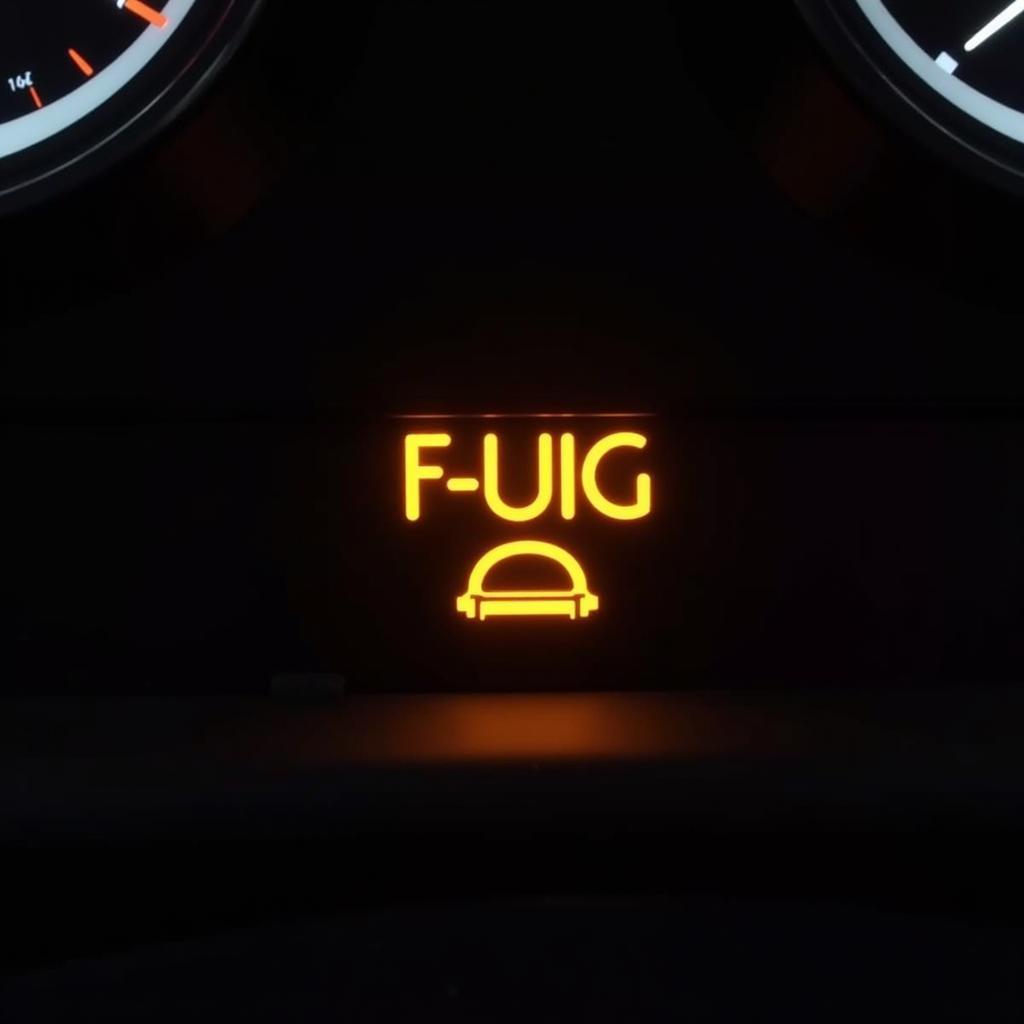A good battery doesn’t always guarantee a starting car. Many drivers experience the frustration of a car that won’t start, even with a seemingly healthy battery. This article explores common causes and solutions for this perplexing issue, empowering you to diagnose and potentially fix the problem yourself.
Common Reasons Why Your Car Won’t Start With a Good Battery
There are several reasons why your car might refuse to start, even if the battery checks out. These range from simple fixes like a loose connection to more complex problems requiring professional assistance. Let’s explore some of the most frequent culprits:
- Starter Motor Issues: The starter motor is responsible for cranking the engine. A faulty starter might click rapidly, grind, or remain completely silent.
- Ignition System Problems: The ignition system provides the spark to ignite the fuel. Issues with the ignition switch, coil, or spark plugs can prevent the engine from starting.
- Fuel System Malfunction: A lack of fuel or a blocked fuel filter can prevent the engine from receiving the necessary fuel to start. This can include a faulty fuel pump or clogged injectors.
- Electrical Problems: Corroded or loose battery terminals, damaged wiring, or a blown fuse can disrupt the electrical flow needed to start the car.
- Security System Issues: Sometimes, the car’s anti-theft system can malfunction and prevent the engine from starting. This can manifest as a flashing security light or a complete lack of response from the ignition.
- Dead Key Fob Battery: While your car battery may be fine, a dead key fob battery can prevent the car from recognizing the key and allowing it to start. This is more common in newer vehicles with keyless ignition systems.
Diagnosing the Problem: A Step-by-Step Guide
If your car won’t start, and you suspect the problem isn’t the battery, here’s a structured approach to help you identify the culprit:
- Check the Battery Terminals: Ensure the terminals are clean, tight, and free of corrosion. A loose connection can prevent sufficient power from reaching the starter.
- Listen for the Starter: When you turn the key, do you hear a clicking sound, a grinding noise, or nothing at all? These sounds can indicate a starter motor problem.
- Inspect the Ignition Switch: Try jiggling the key in the ignition while attempting to start. If the car starts intermittently, it could indicate a faulty ignition switch.
- Check the Fuel Gauge: Is there enough fuel in the tank? A surprisingly common reason for a non-starting car is simply running out of gas!
- Test the Fuel Pump: You can usually hear the fuel pump engage when you turn the key to the “on” position (without starting the engine). If you don’t hear anything, it could indicate a faulty fuel pump.
Similar to issues related to a car not starting but battery is good, other electrical components can also contribute to the problem.
 Car Won't Start With a Good Battery: Ignition System Check
Car Won't Start With a Good Battery: Ignition System Check
What to Do When Your Car Won’t Start
After going through the initial checks, you might need to take further steps:
- Jump-Starting the Car: If the problem is a temporarily drained battery (despite appearing good), jump-starting can be a temporary solution. However, it’s crucial to identify the underlying cause of the drain. For more information on battery related problems, especially in winter, check out our guide on car battery problem in winter.
- Checking the Check Engine Light: A check engine light can provide valuable clues about the problem. You can use a diagnostic scanner to read the error codes. This can be particularly useful after dealing with a dead battery, as described in our article about check engine light after dead battery.
- Seeking Professional Help: If you’re unable to diagnose the problem yourself, it’s time to seek professional help from a qualified mechanic. They have the expertise and tools to pinpoint and fix the issue effectively. Specifically, certain car models are known for their battery related issues, like the 2013 dodge journey battery issues.
 Car Start Problem With a Good Battery: Remote Key Fob
Car Start Problem With a Good Battery: Remote Key Fob
Conclusion
A car that won’t start, even with a good battery, can be a frustrating experience. However, by following the diagnostic steps outlined in this article, you can often identify the culprit and determine the best course of action. Remember, while some issues are simple DIY fixes, others require the expertise of a professional mechanic. Don’t hesitate to seek help when needed to get your car back on the road quickly and safely. Also, if you’re facing issues with your key fob, knowing the right battery for nissan altima key fob 2015 can be helpful.
FAQ
- Can a bad alternator cause starting problems even with a good battery? Yes, a faulty alternator can prevent the battery from charging properly, leading to starting problems.
- My car makes a clicking sound when I try to start it. What does this mean? A clicking sound usually indicates a problem with the starter motor, such as a bad solenoid or worn-out brushes.
- How can I tell if my fuel pump is working? You can usually hear the fuel pump prime when you turn the key to the “on” position (without starting the engine).
- Is it safe to jump-start a car with a completely dead battery? Yes, it’s generally safe, but it’s important to connect the jumper cables correctly to avoid damage.
- What should I do if my car won’t start after a jump-start? If the car still won’t start after a jump-start, the problem is likely more serious than just a dead battery, and you should seek professional help.
- How can I prevent car starting problems in the future? Regular maintenance, including battery checks, inspections of electrical components, and fuel system cleaning, can help prevent many starting problems.
- Could extreme cold weather affect my car’s ability to start, even with a good battery? Yes, cold weather can thicken engine oil and make it harder for the starter motor to crank the engine.

